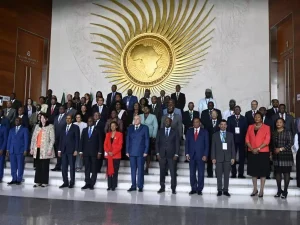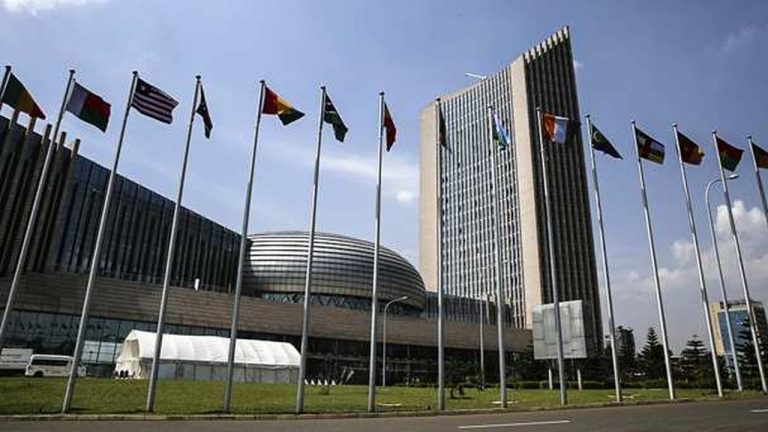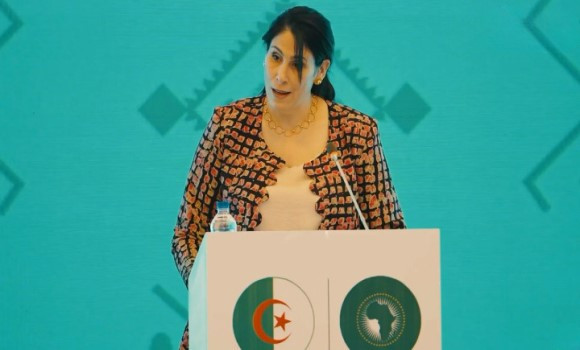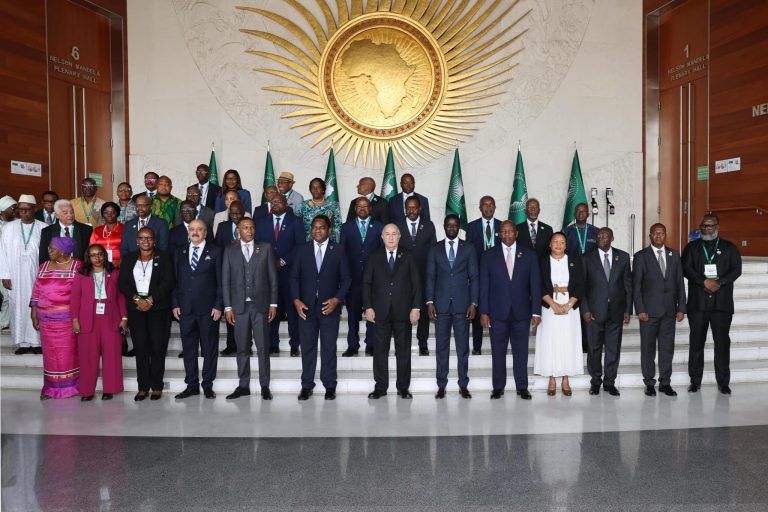In a stunning turn of events, President Joe Biden announced his withdrawal from the 2024 U.S. presidential race on Sunday, July 21, sending ripples through the international political landscape.
Biden’s decision, communicated via social media platform X, has far-reaching implications beyond America’s borders. The 81-year-old president stated, « I believe it is in the best interest of our nation and our global partnerships that I step aside and focus solely on my presidential duties for the remainder of my term. »
https://x.com/JoeBiden/status/1815080881981190320
World leaders and diplomatic circles are now scrambling to reassess their strategies and alliances. Biden’s presidency has been marked by efforts to rebuild international relationships strained during the previous administration. His withdrawal raises questions about the continuity of U.S. foreign policy and its commitments to global initiatives, from climate change to international security.
The immediate endorsement of Vice President Kamala Harris as a potential candidate adds another layer of intrigue to the international stage. If successful, Harris could become the first woman and person of color to lead the world’s largest economy and military power, potentially reshaping global diplomacy and representation.
Financial markets worldwide reacted swiftly to the news, with analysts predicting increased volatility as investors grapple with the uncertainties surrounding U.S. economic and foreign policies under potential new leadership.
Biden’s exit could also impact ongoing global challenges. The future of U.S. involvement in Ukraine, its stance on China, and its role in Middle East peace processes are now subject to renewed speculation.
For U.S. allies, particularly in Europe and Asia, this development prompts a reevaluation of their diplomatic and strategic positions. Many had grown accustomed to Biden’s approach to international relations and must now prepare for potential shifts under a new administration.
On the other side, nations with more contentious relationships with the U.S., such as Russia and Iran, are closely monitoring the situation, anticipating possible changes in American foreign policy direction.
As the Democratic Party rushes to reorganize around a new candidate, the international community watches with keen interest. The outcome of this unexpected transition could significantly influence global geopolitics, trade relations, and collective efforts on pressing world issues.
While President Biden prepares to address the nation to explain his decision, one thing is clear: the race for the White House has taken a decisive turn, promising not just an unpredictable election campaign, but a period of uncertainty and realignment in international relations.



















+ There are no comments
Add yours